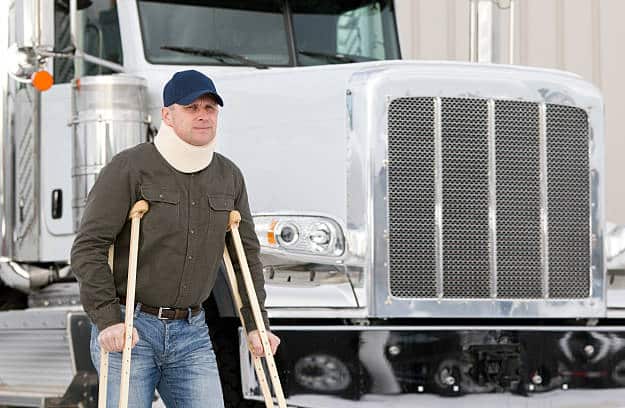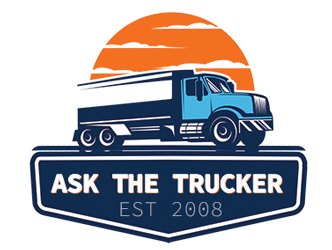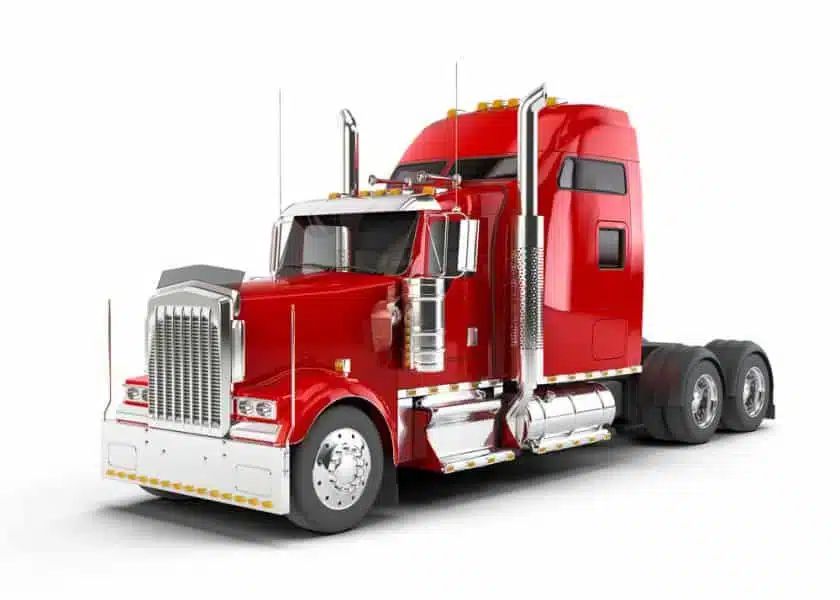What Is Bobtail Insurance & Do You Need It?
You have a lot of worries when you’re a trucker. Other drivers can quickly change lanes causing an accident, your vehicle can breakdown or your brakes can fail. The risks can be managed if you choose the right insurance.
But as you’ll find out, there are a lot of insurance options to pick from.
Bobtail insurance is just one of many types of insurance that you can secure. It’s an insurance product that every trucker should know about before entering a roadway.
What is Bobtail Insurance?

Bobtail insurance is much like “gap insurance.” You know that there are gaps in your insurance policy that keep the insurer from having to pay during certain circumstances. In a lot of cases, you’ll find that the insurance company will only pay when you’re in the middle of a run.
If you fall in between a run, you may not have the coverage you need.
Bobtail insurance kicks in when your trailer isn’t attached to your truck. This insurance will also be present when you’re:
- Dispatched on a job
- Not dispatched on a job
If you take a minute to look at your current insurance policy, you’ll find that you may not be covered in the following situations:
- You drop off a load
- You don’t have a trailer attached
- You’re in transit to your next load
- An accident occurs
Keep in mind that you don’t have a trailer attached at this point in the process. Since you don’t have a trailer attached, a lot of insurance policies will not provide coverage.
Bobtail insurance will kick in to allow you to have your truck repairs made and liability covered.
If you deadhead often, you’ll need bobtail insurance. Most motor carriers will require that you have bobtail truck insurance or “special coverage.” Operators that deadhead, whether they have permission from dispatch or not, will want to at least inquire about bobtail insurance.
Bobtail vs Non-Trucking Coverage

One would think that non-trucking coverage would cover the cost of an accident, but this isn’t the case. Non-trucking insurance is a liability coverage, and while it’s meant for those times when a trailer isn’t attached to a vehicle, it’s different than bobtail insurance.
Non-trucking coverage kicks in when your truck is not used for business purposes.
You’ll definitely need non-trucking coverage because there are times when a truck is used for personal reasons. An accident that occurs when a trucker is going to get food after dropping off a load may fall into this coverage.
So, what’s the catch?
Non-trucking coverage provides protection against:
- Property damages
- Injuries
Payments are made to protect you from the liability that comes along with property damage and injuries. But, you’ll notice that the coverage doesn’t mention anything about your truck. Bobtail insurance will cover damages to you, i.e. your truck.
This means that, in the best-case scenario, you’ll have both insurances for your truck.
If you’re wondering why you have primary liability coverage, you’re not alone. All trucks on the road need to have primary liability insurance, but bobtail and non-trucking insurance provides protection for those in-between situations.
An insurance agent should discuss how you’ll be using your truck to determine the level of insurance you need.
Bobtail Insurance Rates
Your rig is your biggest asset, so it’s essential to have the insurance needed to repair or replace your rig if you’re in an accident. Bobtail insurance can sometimes be combined with your current insurance policy.
A typical policy, and your policy may be different, should offer a minimum coverage of $1 million. You’ll find that the average cost is $35 – $60 a month for $1 million in coverage. This is a small price to pay to have your rig fixed.
But you’ll want to keep a few points in mind:
- Every insurance policy is different. Read the fine print and find out what may be excluded from your policy. It’s important to know what coverage you have, and when the coverage will not be provided.
- Don’t automatically choose the cheapest insurance. Read through the policy limits, inclusions and exclusions to compare the different insurance policies. Oftentimes, the cheapest or most expensive insurance policies aren’t the best options.
I recommend getting a few quotes for your bobtail insurance before making a decision on which policy to pick. You’ll find that there are a lot of options available, and you may even find that you can combine your insurance policies to get a lower price.
Ask your current insurer if they offer bobtail insurance; a lot do.
If you feel that you need a higher policy limit, you can request higher policy limits. Truckers often choose the $1 million limit because it covers most risks without costing too much. Higher policy limits will be reflected in higher monthly premiums.
Companies Offering Bobtail Insurance
Insurance companies want to offer all of the products that truckers need- it’s more money for the insurer. You have a lot of options to choose from, but a few of the insurance providers I recommend contacting are:
- Progressive Commercial
- Royalty Truck Insurance
- 1st Guard
- OOIDA
But there are several different insurers, aside from the companies listed above, which will provide bobtail insurance. The premium you have may be impacted by the value of your rig. A lot of newer rigs will have a higher premium because they have a higher overall cost.
Trucking fleets can inquire about having their entire fleet covered by bobtail insurance.

